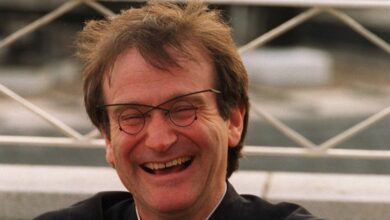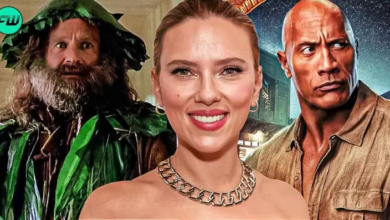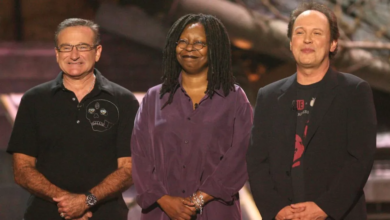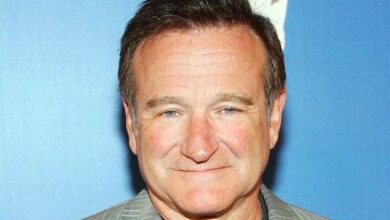Why Ethan Hawke found Robin Williams “extremely irritating”
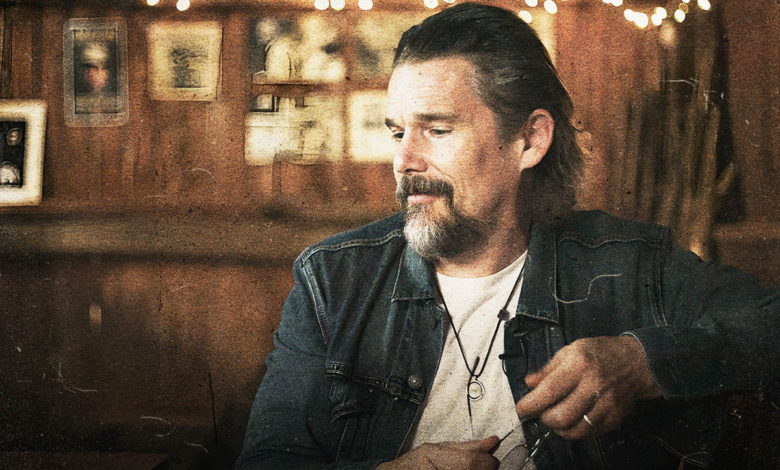
Without doing it, the life of an actor seems like one of the easiest jobs in the world. After getting millions of dollars to commit to a role, it might seem easy to just play pretend all day and try to be someone else once a camera is in play. It takes much more to inhabit a role, though, and sometimes capturing a role can get annoying if someone’s not prepared for it, like Ethan Hawke.
Then again, Robin Williams seemed born to play his role in Dead Poets Society. Performing as one of the few free-spirit teachers in an all-boys boarding school, Williams always has a heart of gold onscreen, going through different comedic scenarios and reminding his students about the beauty of the written word instead of the logistical elements of what’s on the page.
Despite being one of Hawke’s main breakout roles, he originally thought he wasn’t suited for the role, telling GQ, “I really wanted to play Neil, the character who kills himself, this really outgoing guy. And I was a pretty gregarious young man, so I thought I was more right for that part. And [director] Peter Weir has this perfection notion about always casting for the final colour. You’d have to act the shy part, so when the true self comes out, your real self is revealed”.
Although Hawke’s Todd Anderson remains one of the few sceptics of Williams’s John Keating throughout the movie, some of that irritation wasn’t just acting. When talking about his role after the fact, Hawke remembered that Williams would occasionally get on his nerves midway through filming, telling Variety, “I thought Robin hated me. He had a habit of making a ton of jokes on set. At 18, I found that incredibly irritating. He wouldn’t stop and I wouldn’t laugh at anything he did”.
One of the biggest scenes for Hawke comes midway through the film, where Todd has to finally come up with a poem in class and make something up on the spot, revealing his true artistic self. Although the scene makes for one of the most emotionally satisfying moments in the film, Hawke remembers just how awkward it felt thinking that Williams hated him, explaining, “There was this scene in the film when he makes me spontaneously make up a poem in front of the class. He made this joke at the end, saying that he found me intimidating. I thought it was a joke. As I get older, I realise there is something intimidating about young people’s earnestness, their intensity”.
Then again, Hawke didn’t take long to realise he was witnessing brilliance before him, later recalling, “We would go for different takes, and every take would be completely different for him”. That version of Williams wasn’t so different from the version that most people got to know at the time, either — always knowing how to make people laugh while keeping the sentimental side of everything intact.
This model of characters would also become Williams’s wheelhouse, donning a similar role as a pseudo-parental figure when making the film Good Will Hunting. Although Hawke might have had an uncomfortable period trying to adjust, that nervous energy helped create the emotional rub that made the film magical.


